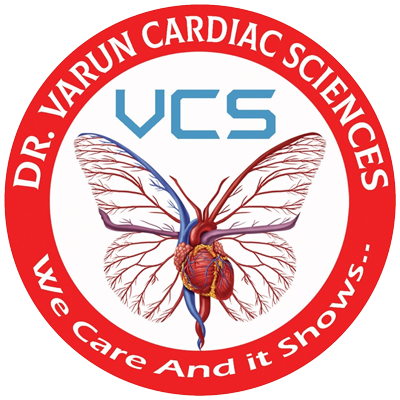What is Preventive Cardiology?
Preventive cardiology is a medical specialty that focuses on the prevention, early detection, and management of cardiovascular diseases (CVD). Its primary goal is to reduce the incidence of heart disease and improve the overall cardiovascular health of individuals. This approach encompasses a range of strategies, including lifestyle modifications, risk factor management, and the use of medications to prevent the onset or progression of heart disease.
What is the importance of understanding cardiovascular disease?
Cardiovascular disease encompasses a variety of conditions that affect the heart and blood vessels, including coronary artery disease, heart attack, stroke, heart failure, and hypertension. These conditions are among the leading causes of morbidity and mortality worldwide, making preventive measures crucial for public health
Role of Preventive Cardiology
Preventive cardiology aims to address the root causes of cardiovascular disease by identifying and managing risk factors before they lead to more serious health issues. This proactive approach can significantly reduce the burden of heart disease on individuals and healthcare systems.
Key Components of Preventive Cardiology
Risk Factor Assessment
Identifying individuals at risk for cardiovascular disease is the first step in preventive cardiology. This involves evaluating traditional risk factors such as age, gender, family history, smoking status, physical inactivity, poor diet, obesity, hypertension, diabetes, and high cholesterol levels.
Lifestyle Modifications
Encouraging patients to adopt healthier lifestyles is a cornerstone of preventive cardiology. This includes
- Diet: Promoting a heart-healthy diet rich in fruits, vegetables, whole grains, lean proteins, and healthy fats while reducing the intake of processed foods, salt, and sugars.
- Exercise: Recommending regular physical activity, such as at least 150 minutes of moderate-intensity exercise or 75 minutes of vigorous-intensity exercise per week.
- Smoking Cessation: Providing support and resources for individuals to quit smoking, as smoking is a major risk factor for cardiovascular disease.
- Weight Management: Encouraging weight loss and maintaining a healthy weight through diet and exercise.
Medical Management
For individuals with significant risk factors or existing cardiovascular disease, medications may be necessary to manage conditions such as hypertension, hyperlipidemia, and diabetes. Common medications include
- Statins: To lower cholesterol levels.
- Antihypertensives: To control blood pressure
- Antiplatelet agents: To prevent blood clots
- Diabetes medications: To manage blood sugar levels
Regular Monitoring and Follow-Up
Preventive cardiology involves ongoing monitoring of risk factors and the effectiveness of interventions. Regular follow-up appointments allow healthcare providers to adjust treatment plans as needed and provide continuous support to patients
Benefits of Preventive Cardiology
- Reduced Risk of Heart Disease: By managing risk factors, individuals can significantly lower their chances of developing heart disease
- Improved Quality of Life: Adopting a heart-healthy lifestyle can lead to better overall health, increased energy levels, and a higher quality of life
- Cost-Effective: Preventive measures can reduce the need for expensive medical treatments and hospitalizations associated with advanced cardiovascular disease
- Public Health Impact: On a larger scale, preventive cardiology can decrease the prevalence of heart disease, reducing the strain on healthcare systems and improving public health outcomes
The Importance of Early Intervention
Early intervention is a key principle in preventive cardiology. By identifying and addressing risk factors at an early stage, healthcare providers can prevent the progression of cardiovascular disease and its complications. This approach is especially important for individuals with a family history of heart disease or those with multiple risk factors
The Role of Healthcare Providers
Healthcare providers play a crucial role in preventive cardiology. They are responsible for educating patients about the importance of heart health, conducting thorough risk assessments, and developing personalized prevention plans. Collaboration between primary care physicians, cardiologists, dietitians, exercise specialists, and other healthcare professionals is essential to provide comprehensive care.
Preventive cardiology is a proactive approach to managing cardiovascular health that focuses on preventing heart disease before it starts. By addressing risk factors, promoting healthy lifestyle choices, and utilizing medical interventions when necessary, preventive cardiology aims to reduce the burden of cardiovascular disease and enhance the quality of life for individuals. Early intervention and ongoing support from healthcare providers are critical components of this specialty, making it an integral part of modern cardiology practice.

